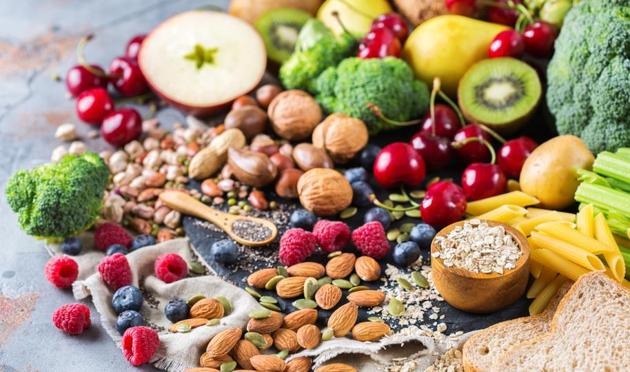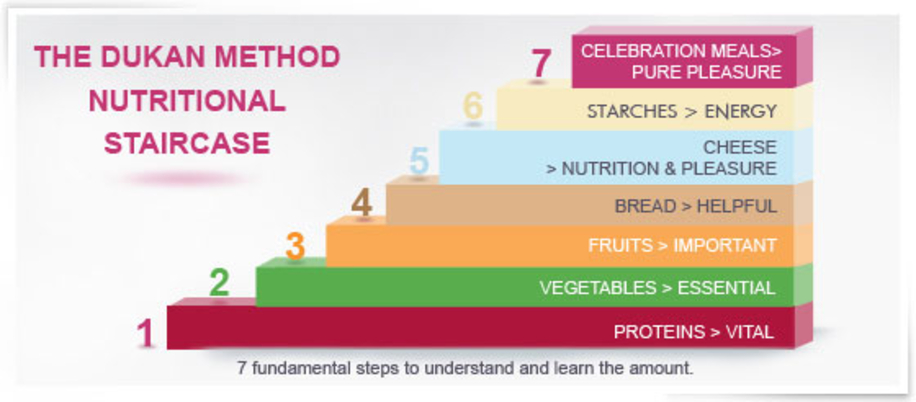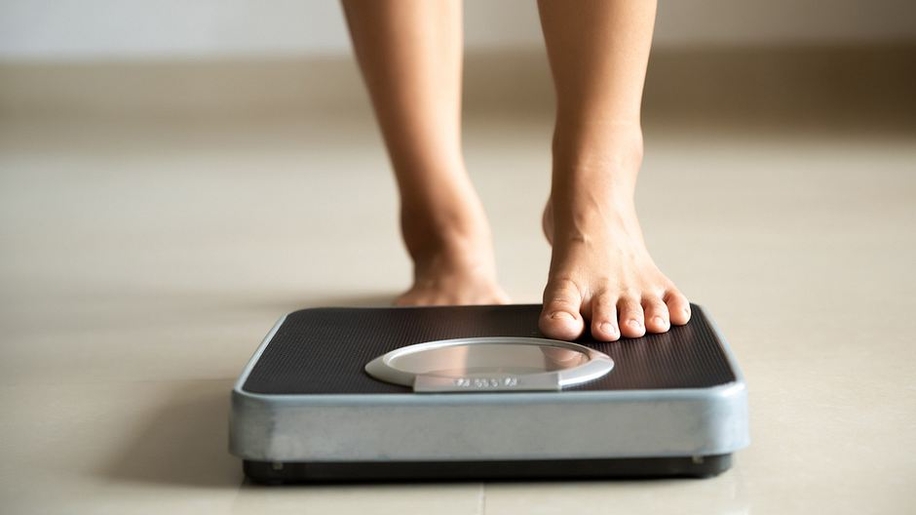The idea of enhancing metabolism is completely different to what you most commonly think. Metabolism is not always a genetic thing. It’s not like once you have constipation, you’re going to have it forever. You can actually boost metabolism with dieting, which is not the hardest thing to do.
Sometimes the biggest barrier in dieting or achieving your dream weight lies in how good your metabolism is. It’s more like a foundation thing, where a clean diet truly determines the fate of weight watchers.
We’re always concerned with how to burn more calories or simply consume less. Also, there’s that thing gender-wise where men easily burn more calories compared to women. The same phenomenon applies even when they are static or not moving.
Then there’s the boundary of age, where your metabolism by default slows down to a great extent after a certain age. Precisely, around the age of 40, metabolism in all genders seems to slow down and most digestive or excretory difficulties most likely seem to show up around that age.
Cutting to the chase, now you must be wondering how exactly do you enhance or boost your metabolism process just with dieting? The answer is simple, as dieting is all you need to keep it going. Plus, there are other things you can incorporate with a smart diet to get the best results. Let’s have a look at what:
Hydrate yourself
There’s nothing, absolutely nothing in this world some hydration can’t fix. The benefits of drinking enough water are pretty much known and self-explanatory in its own way. The calories you consume through your meals of the day, can’t be processed if you don’t drink water in the required amounts.
Drinking more water, leads to more calorie burning. However, our concern here is metabolism. As we already know, the key to life is water. A rise of 25% in proper metabolism can be achieved just with proper hydration.
Peak performance is just a few cups away, so why not just drink some by the hour? Whatever you drink is converted into necessary energy. Your body needs to expend some and only water can help you with that. It’s just that simple, the more water you drink (in recommended limit), more energy you produce and that’s equivalent to enhanced excretory functions. That in brief, is what we’re trying to achieve here. So the message is DRINK WATER FROM TIME TO TIME.
Eat more often
As a matter of fact, if you consume a lesser number of meals with a huge time gap, you basically allow your body’s metabolism to slow down. Slashing that out, if you go for smaller meals every 3-4 hours, the metabolism process in your body is fastened up by a lot. Just by cranking your metabolism up by having snack breaks often, you can keep burning calories throughout the day.
A healthy lifestyle can not just help you stay in shape, but provide you with energy and vitality. Just make sure the meal portions are small, well-suited to your daily calorie goal in order to avoid over-consumption or overeating.
Remember to make a note if necessary of what or how many calories you’re consuming, keeping a track of things always helps. Let’s run it again, shall we? Eat nutritious, mini-meals every now and then to stay fit or clear out even better.
Some Coffee doesn’t hurt
Caffeine is a known stimulant. So when it is consumed in control, it can actually do the process of metabolism in your body a lot better. An enhanced metabolism can lead to the burning of unnecessary fat or fatty acids which isn’t all that good for your health. Especially, if you consume black coffee with no added sugar or milk, the effects are maximum.
A little sugar to suit your taste, would still have similar effects. Coffee on its own, black preparation can have maximum benefits as dairy or sugar may simply add unwanted calories or cause gas which is bad for your process of digestion as a whole.
However, the effects of caffeine may vary, with various studies or findings to be put into proper consideration. Also, you need to understand your body perfectly before incorporating stimulants like coffee in your diet, as caffeine is not the most flexible element in the department of compatibility. Incorporating light exercise with caffeine is mostly effective. This is because studies show that the effect of it on metabolism is comparatively more in athletes, than a person who isn’t.
Green Tea cup
This one is very similar to the application of coffee, but the effects aren’t as aggressive. Green tea is rich in antioxidants, which is anyway very good for your health. Plus, the lukewarm water mixed with the benefits of components in green tea help in metabolism. It’s available in various flavour variants, which individually have a lot to offer. Stuff like chamomile, jasmine, lavender, tulsi and etc have advantages of their own which can truly do wonders to your process of digestion and your overall health. The effect of oolong tea or green tea may be slight, but something is better than nothing right? And, don’t forget to consider the other things that come with it. So it’s more like a win-win situation with this one.
Don’t forget to Stand Up
Will the real lazy bird please stand up? Hey, standing up isn’t that bad. It’s at least better than a full on exercise, that is if we’re speaking strictly from a rest-loving person’s point of view. Anyway, sitting too much is simply quite bad for your health and it doesn’t help to boost your metabolism at all.
In that case, all you have to do is keep a stopwatch arrangement in your mobile phone or something and stand for at least a few minutes. Take a nice walk on your balcony, if need be! It’s really not that hard.
As per CMR or Cardiometabolic risk scores, studies show that steps per day or simply standing up has a lot of health benefits. Elements like inches on the waist, blood pressure (systolic & diastolic), triglycerides, insulin etc are heavily benefitted. Naturally, just standing up a little from time to time really does have more non-literal brownie points than you think.
Still, we recommend you to not overdo it, just like you shouldn’t overdo anything in life. Standing just like that for too long won’t do you any good, but in fact lead to excess burning of calories which is not a-okay.
Metabolism- An insight on the process
After you finish a meal, the nutrients in your food are broken down by the enzymes in your stomach to produce energy that you need to do pretty much anything from breathing to exercise for a more toned body. This process is known as metabolism.
Then you break down the proteins into amino acids, where fats are afterwards simplified into fatty acids. Progressively the carbohydrates are later turned into simple sugars.
These readily provide energy to your body to help you move, think and act. This process of breaking down nutrients is called catabolism, or destructive metabolism.
However, the energy can also be stored as more complex proteins, carbs and fats through a process known as anabolism or constructive metabolism. This is what helped you grow up from a child to an adult, and what makes our muscles, hair, and other tissues grow!
How does it happen?
The rate and direction of metabolism is controlled by several hormones of your body’s endocrine system.
These include:
- Thyroxine, which is secreted by the Thyroid gland, helps in determining how fast or slow the chemical reactions and processes inside your body are taking place.
- A great way to improve your thyroid function is to implement these in your diet :-
Roasted seaweed, nuts, fish, dairy, and fresh eggs.
- Your pancreas decides whether nutrients are used as energy or to build the tissues that make up your body. For instance, after a meal, the blood is high in glucose levels. Pancreas senses this rise in glucose and produces insulin as a signal for your body to start repairing your wounds and creating new cells.
- Foods that are good for pancreas/Insulin levels work. Say, for example, citrus fruits like lemon and orange or food high in fiber such as beans and lentils or even whole grains like oats , quinoa and barley.
Another very important aspect, is how much and how often you are moving around and engaging in an active lifestyle. We recommended that you input daily walks as much as possible. Not only is it good for your health but it surely saves a lot of money.
Other activities such as playing sports, or dancing, or visiting the gym are major players in helping your metabolism boost your muscle growth and fat weight loss.
High protein diet does really promote muscle growth in your body, which leads to an increase in burning calories. Hence all of that naturally helps in weight loss, if that’s a part of your goal other than an enhanced metabolism. You should consume white meat such as chicken and fish or try plenty of pulses, soy, legumes and milk products as a part of your nutritious diet.
In conclusion, a well planned diet and some light exercise is the key to a healthy and wealthy fulfilling life.





